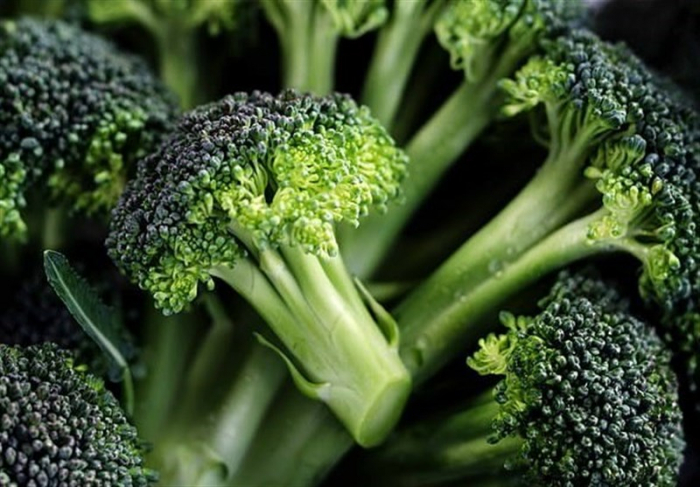They used the compound sulforaphane, derived from broccoli sprouts, to restore lower levels of glutamate and glutathione.
The chemicals are responsible for sending messages between brain cells that have been linked to schizophrenia, Daily Mail reported.
Experts believe the findings could pave the way for new treatments in the future that don't rely on powerful drugs which come with unwanted side effects.
Current medicines often leave patients with involuntary movements, restlessness, stiffness and 'the shakes'.
However, the study did not prove the compound can help combat symptoms - only that it may play a role in restoring the chemical imbalance.
In their first study, researchers from Johns Hopkins Hospital in Baltimore, Maryland, recruited 81 people with schizophrenia.
They compared them with 91 who didn't suffer from the condition. The participants were an average of 22 years old, and 58 per cent were men.
Researchers used a powerful magnet to measure and compare five regions in the brain between the two groups of people.
They found schizophrenia sufferers had, on average, four per cent lower levels of glutamate in the anterior cingulate cortex region of the brain.
The anterior cingulate cortex plays a role in emotion, impulse control, attention allocation, reward anticipation and decision-making.
Scientists also found those who were mentally ill had, on average, three per cent less glutathione in same region of the brain and eight per cent less in the thalamus.
Glutathione is made of three smaller molecules, and one of them is glutamate.
Next, the researchers asked how glutamate could be managed in the brain and whether that management is faulty in people schizophrenia.
Because glutamate is a building block of glutathione, the researchers wondered if the brain may use glutathione as a way to store extra glutamate.
If so, the researchers questioned if they could use known drugs to shift this balance to either release glutamate from storage when there isn't enough, or send it into storage if there is too much.
The researchers then recruited nine healthy volunteers to take two capsules with 100 micromoles of sulforaphane in the form of broccoli sprout extract once a day for a week.
They monitored glutathione levels in the brains of the healthy volunteers before and after taking sulforaphane.
The team found that after seven days, there was about a 30 per cent increase in average glutathione levels.
The scientists say further trials are needed to learn whether sulforaphane can safely reduce symptoms of psychosis or hallucinations in people with schizophrenia.
They would need to determine an optimal dose and see how long people must take it to observe an effect.
The researchers caution their studies don't justify or demonstrate the value of using commercially available sulforaphane supplements to treat or prevent schizophrenia.
And the team said patients should consult their physicians before trying any kind of over-the-counter supplement.
Akira Sawa, director of the Johns Hopkins Schizophrenia Center: 'It's possible that future studies could show sulforaphane to be a safe supplement to give people at risk of developing schizophrenia as a way to prevent, delay or blunt the onset of symptoms.'
Sulforaphane is found in a variety of cruciferous vegetables, and was first identified as a 'chemoprotective' substance decades ago.
According to the World Health Organization, schizophrenia affects about 21 million people worldwide.
More about: schizophrenia Broccoli
















































